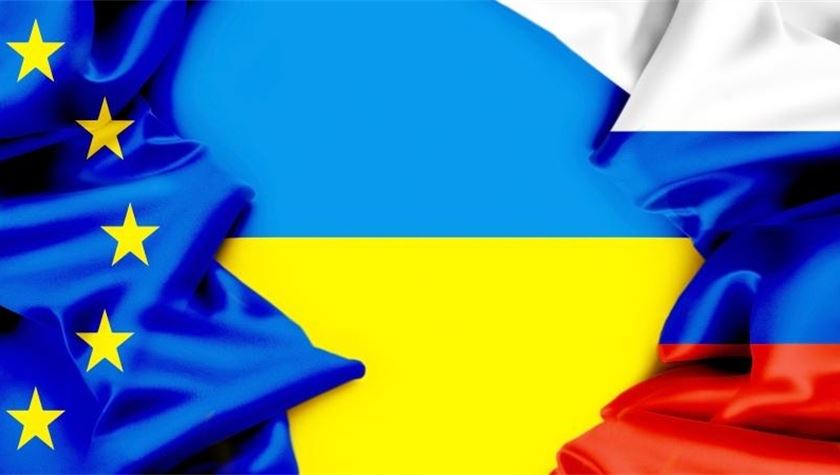A Unified European Response to Russian aggression against Ukraine
European Union joins its international partners in sanctions against Russia

On February 22, foreign ministers from all European Member States met at a special informal meeting of the Council of the European Union where they unanimously agreed on a new package of sanctions against Russia. These sanctions came in response to Russia’s violations on the territorial integrity and sovereignty of Ukraine as well as that of International Law.
Tensions between Russia and the European Union and its international partners, mainly comprising of the United States of America and the United Kingdom, escalated on Monday night, following the Russian Federation’s decision to recognise Donetsk and Luhansk oblasts of Ukraine as independent entities and sending Russian troops to certain areas within these entities as a form of ‘peacekeeping’.
Joining the European Union’s international partners, the Presidents of the European Council and European Commission issued a joint statement condemning Russia’s decision and reaffirmed the Union’s position in support of Ukraine’s independence and sovereignty. This is in line with the principles of the Union’s foreign and security policy to promote democracy and the rule of law.
The most prominent element of this joint declaration was the proposal of a package of financial and economic sanctions, that materialise the European Union’s response against Russia’s actions in Ukraine. This package of sanctions was then tabled for approval at the special informal meeting of foreign ministers held yesterday.
During this informal meeting, all 27 Member States came to a collective political agreement on the following package of sanctions targeting:
- those who were involved in the illegal decision to recognise as independent entities and send Russian troops to certain areas of Ukraine’s Donetsk and Luhansk,
- banks that are financing Russian military and other operations in those territories,
- the ability of the Russian state and government to access the EU’s capital and financial markets and services, to limit the financing of escalatory and aggressive policies, and
- trade from the two breakaway regions to and from the EU, to ensure that those responsible clearly feel the economic consequences of their illegal and aggressive actions.
In light of Russia’s unprecedented military aggression against Ukraine earlier on February 24, the European Commission will now be presenting another package of restrictive measures that will impose massive and severe consequences on Russia. These restrictive measures and the crisis that is threatening European and global security and stability will be discussed by EU leaders later today during an extraordinary meeting of the European Council.
The European Union’ swift and unanimous response to the ongoing crisis in its immediate neighbourhood, is a testament to the Union’s role as a global player. Using aggressive financial and economic sanctions, to send a clear message against states violating international law and sovereignty of states.
More Information:
Special meeting of the European Council - click here.
Restrictive Measures (sanctions) Explained: Frequently asked questions: - click here.
Informal Video Conference of Foreign Affairs Ministers - click here.
Extraordinary Justice and Home Affairs Council - click here.


